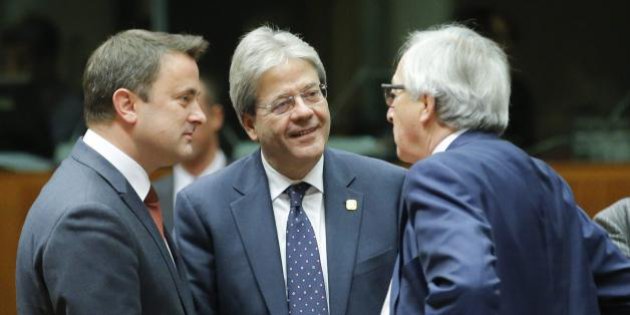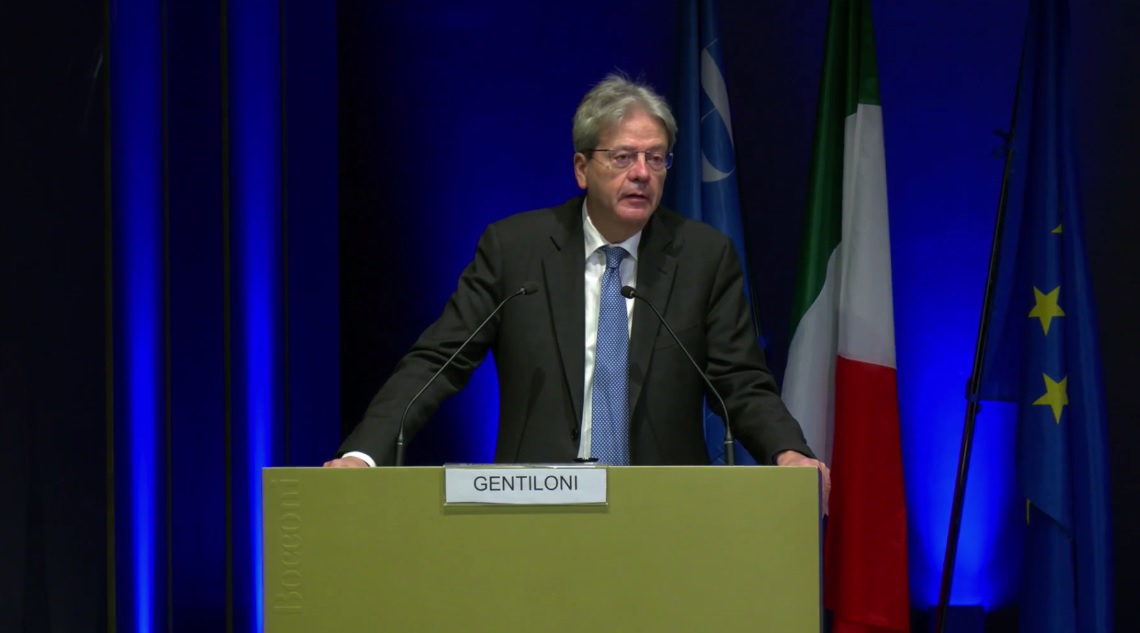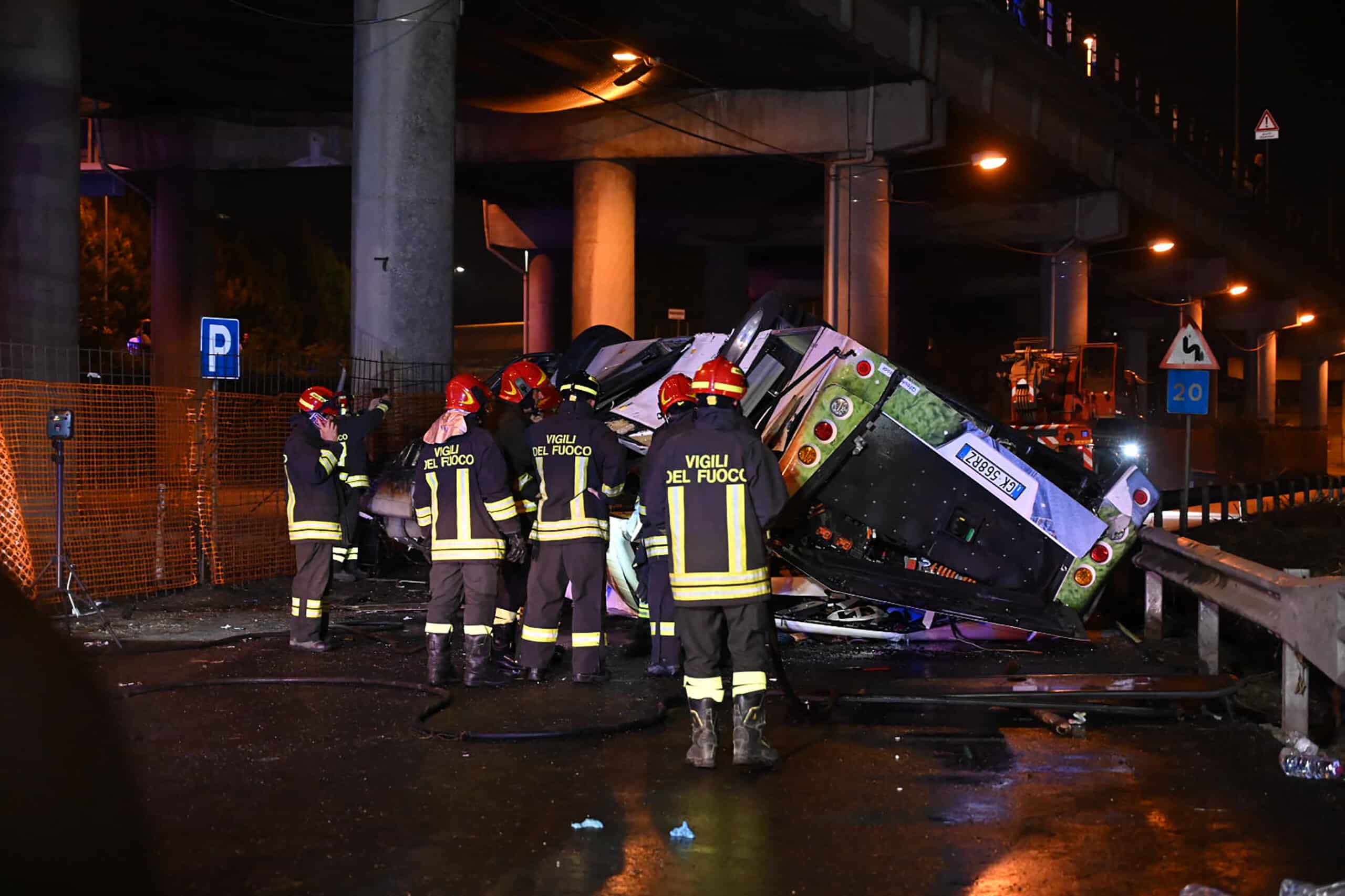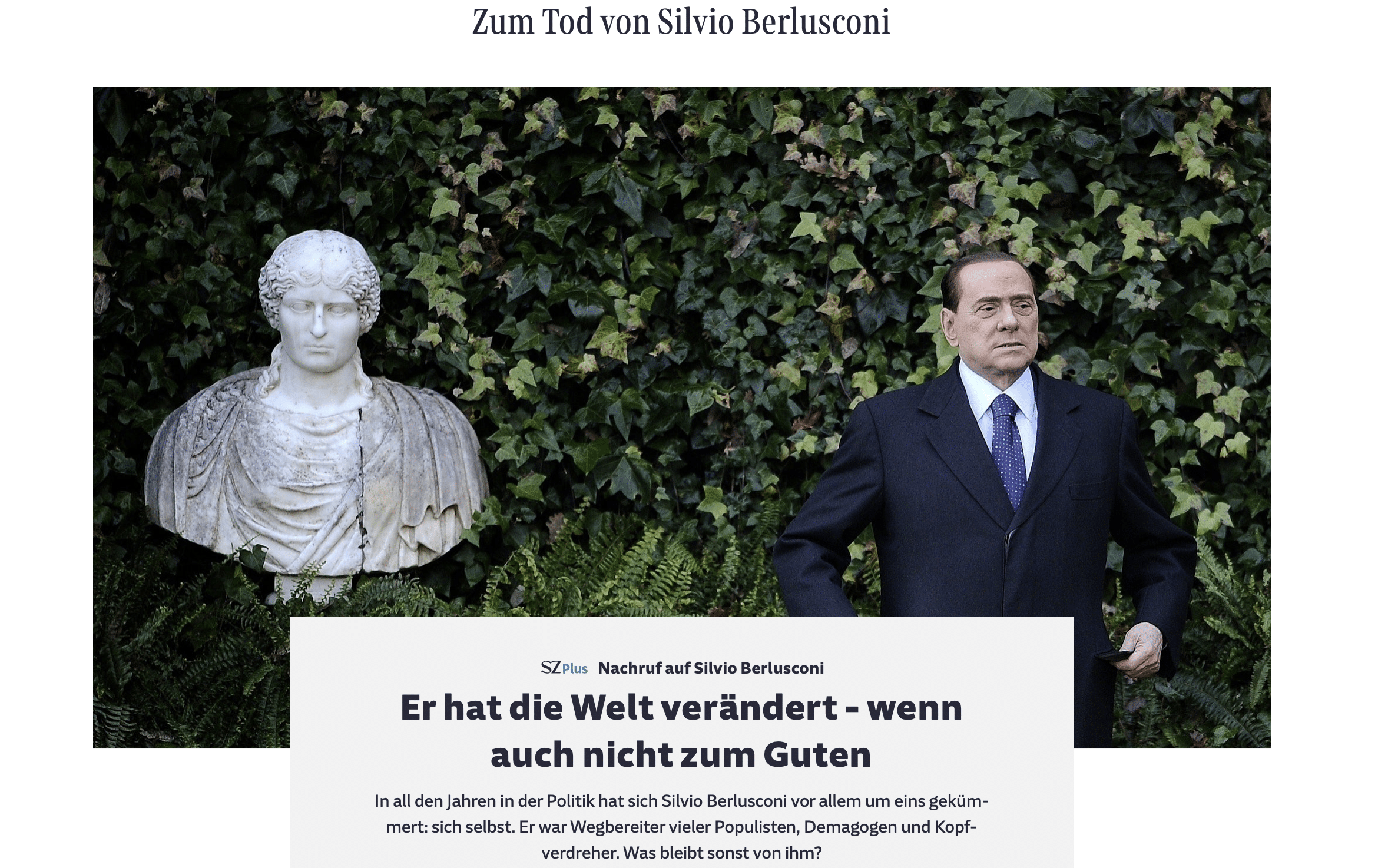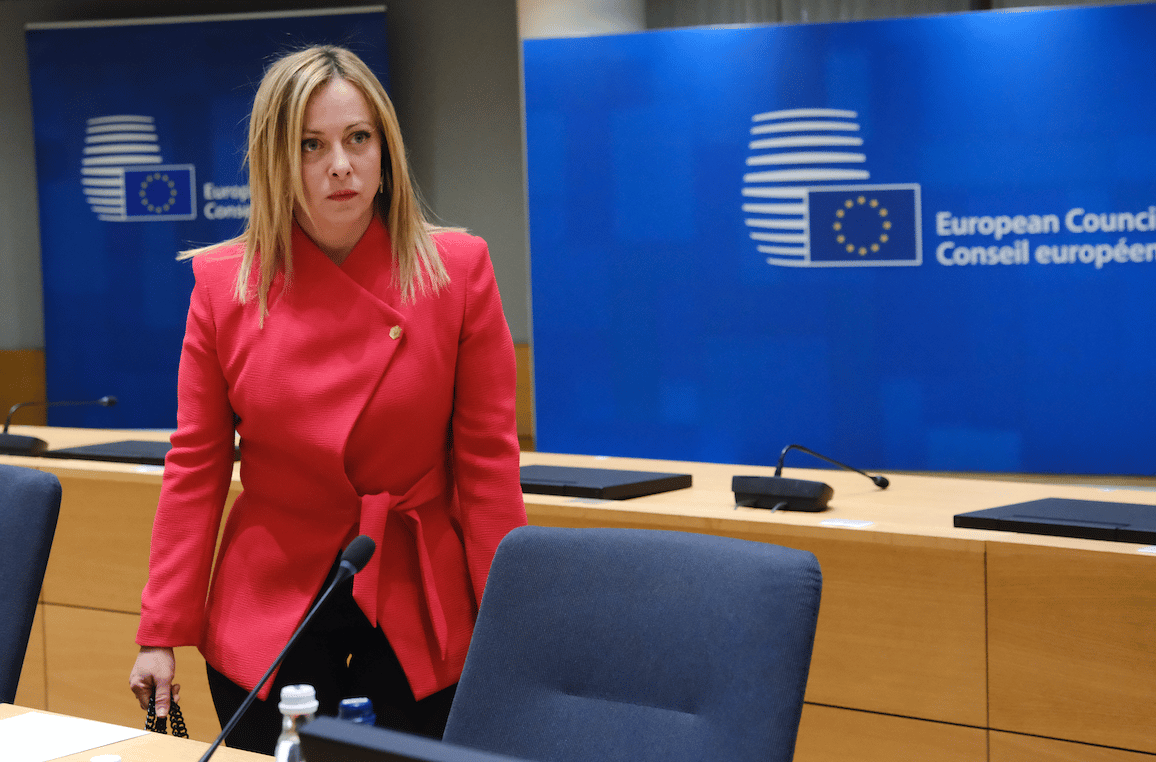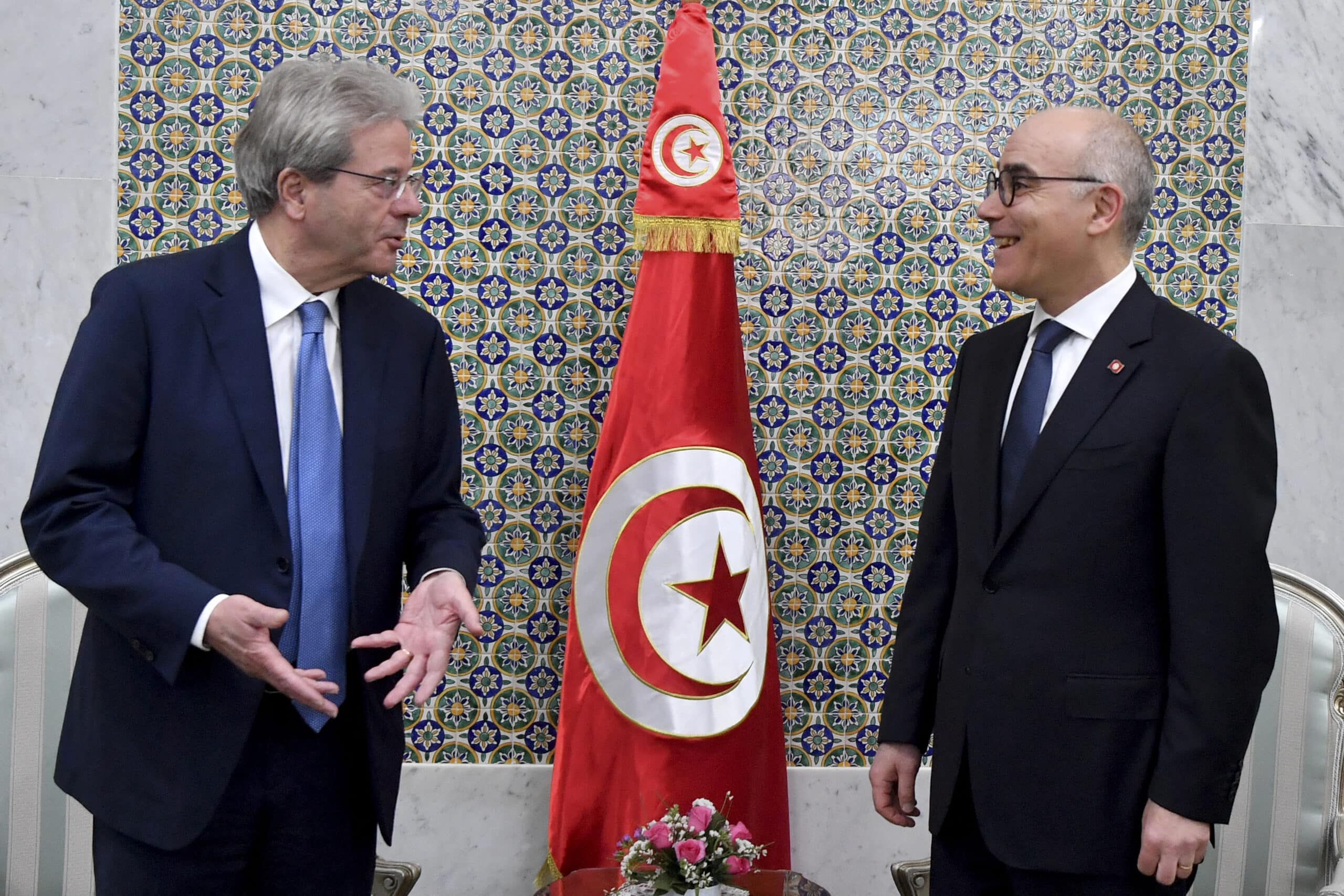Rome – The pollsters still point to an advantage of the center-right, but uncertainty about the future government surrounds the upcoming italian elections. According to the ‘Supermedia’ {“super-average} “of youtrend.it, made on the basis of different polls, the coalition among Silvio Berlusconi, Matteo Salvini, Giorgia Meloni and the centrist supporters of Raffaele Fitto and Lorenzo Cesa can reach 35% of votes, that means winning the elections but without an absolute majority (to conquer it, according to projections, at least 40 percent of votes is needed).
The same situation applies to the center-left, which would not have the seats required to govern even by joining the almost 7% of Liberi e Uguali, the party led by the President of the Senate Pietro Grasso, to about 28% that pollsters attribute to the coalition of the Democratic Party, the grouping in which, moreover, it is not yet known whether +Europa of Emma Bonino and Benedetto Della Vedova will be included. Far from the possibility of a single-coloured government even the 5-Star Movement, despite the predicted affirmation as the first party with a consensus exceeding 27%.
In this scenario, the most accredited hypothesis among observers is that none of the coalitions will be able to form a self-sufficient majority. Even the option of a broad coalition’s government, which in the name of a ‘national responsibility’ could gather Forza Italia, the Democratic Party and the centrist formations, does not seem to have the numbers needed in Parliament. It is also difficult to see an M5S-Lega government, which would clash with a complicated compatibility of the two movements as well as with mathematics.
Thus, the idea that the government led by Paolo Gentiloni will continue for a long period to represent Italy in the upcoming international events is getting more and more solid. Appointments that, on a European level, will have crucial issues on the table. Just to name a few, the leaders of the Member States will discuss the future EU budget, the economic governance of the Eurozone with the establishment of a European Finance Minister, the integration of the Fiscal compact into the Treaties, the implementation of the permanent structured cooperation on defense. All fundamental issues for the future of the EU and Italy. Issues on which the country can not escape from taking a position, and international partners are rightly questioning who will take decisions and what the orientation will be.
Given that elections are to take place on March 4, it is reasonable to think that the current PM will remain in office during the EU presidency of Bulgaria, especially if the forecasts of a long gestation for the new government is fulfilled. What if there will be no majority coalition after the vote? Gentiloni’s period of permanence would increase even further, until new elections were to become necessary. A new electoral appointment which would hardly be celebrated before the summer (without guaranteeing a more defined outcome in any case).
If, as it currently seems, the Gentiloni government is to take crucial decisions at European level, the other question concerns its legitimacy and authority. The early dissolution of the Chambers, arrived swiftly after the approval of the Budget Law, is no coincidence. In this way, the President of the Republic Sergio Mattarella wanted to protect the government precisely in view of the future. Declaring the legislature ended before before discussing sensitive arguments – one above all, the reform of citizenship regulation – the Head of State has ensured that, even at the start of the next parliamentary term, the current government has the widest possible legitimacy, since it is neither a resigned cabinet nor a cabinet which received a vote of no confidence by the Parliament.
Gentiloni will stay in office, therefore, and after all he himself – at the traditional end-of-year press conference, held a few hours before Mattarella’s decision to dissolve the Chambers – stressed that “the government will govern”, implying that it will not be limited to ordinary administration, also because it feels fully legitimized to do so.
As for authority of Gentiloni government during the transition toward the new future cabinet, the reassuring message to international partners came yesterday from the President of the European Parliament, Antonio Tajani, in an interview on Il Messaggero. “Until there is a new government, it is obvious that there is the current”, pointed out the member of Forza Italia, responsible for Berlusconi’s ‘resurrection’ among the PPE leaders. And even if “Italy needs a strong and stable government” to be one of the “locomotives of the EU’s process of change”, Tajani is open to the hypothesis of a support by Forza Italia to Gentiloni’s international action: “In foreign policy, as the mission in Niger shows, we have always been available”.
If a clear majority is not to come out of the polls, then, there are the conditions for Italy to continue fully participating in the European debate, even while awaiting the new government. We will see whether, in case of need, the political forces will be able to find an agreement on the positions for the various dossiers to be discussed in EU, and what synthesis they will eventually achieve.
